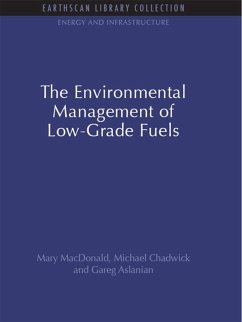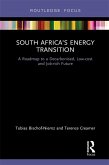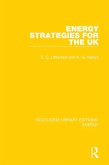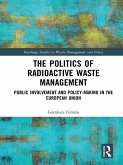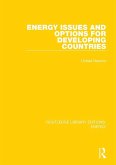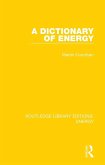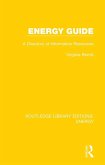The negative environmental impacts of energy use, particularly soil and water pollution, continue to present serious policy dilemmas. The release of emissions and effluents and the build-up of solid waste throughout the fuel cycle have disruptive effects on natural habitats and human health. Further, fuel combustion can result in the emission of carbon dioxide, ozone, methane and nitrogen dioxide , the 'greenhouse gases' which have been linked to climate change. The safe and sustainable use of energy has become an important issue in the wider environmental debate. In this report, researchers from the Stockholm Environment Institute explore the issues raised by the use of low-grade fuels such as peat, wood, biomass, lignite, oil shale and municipal and industrial wastes. The present strategies and policy options for all stages of the process, from mining and transport to processing and combustion. With those who would like to learn more about these fuels in mind, the material is presented clearly, and discussions of environmental protection measures are given in table form throughout the ease of reference. A directory of environmental guidelines, regulations and standards is given in an appendix. While a high calorific value fuels remain the most significant source of energy in many countries, economic and other constraints on the use of these fuels may result in more nations turning to low-grade sources of energy to operate their industrial or transportation sectors. The greater potential for environmental degradation that accompanies the use of low-grade fuels means that it is crucial that environmentally sound methods for their management, such as those presented here, be more widely available. The Environmental Management of Low-Grade Fuels will be valuable for industry specialists, policy makers, students and all who are concerned with the life cycle of these materials. Mary MacDonald is an affiliated scientist, and Michael Chadwick is a former director, at the Stockholm Environment Institute. Garegin Aslanian is a senior associate with the Institute for High Temperature Research in Moscow. Originally published in 1996
Dieser Download kann aus rechtlichen Gründen nur mit Rechnungsadresse in A, B, BG, CY, CZ, D, DK, EW, E, FIN, F, GR, HR, H, IRL, I, LT, L, LR, M, NL, PL, P, R, S, SLO, SK ausgeliefert werden.

